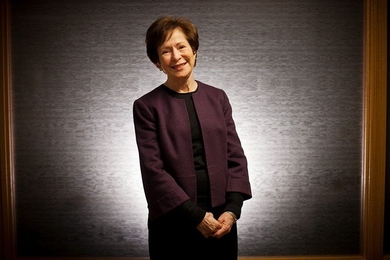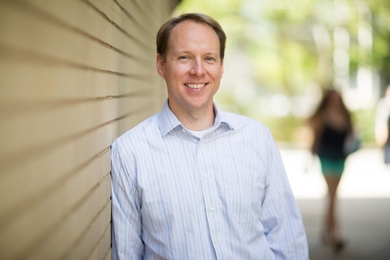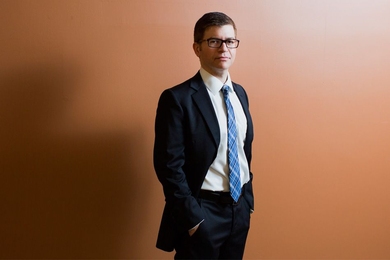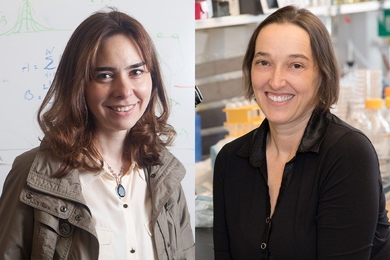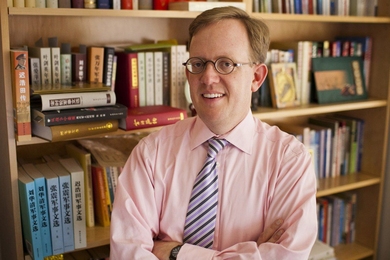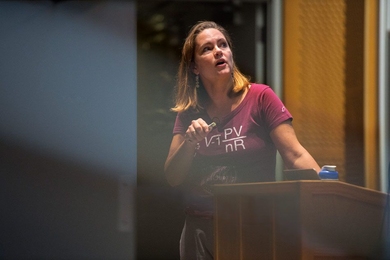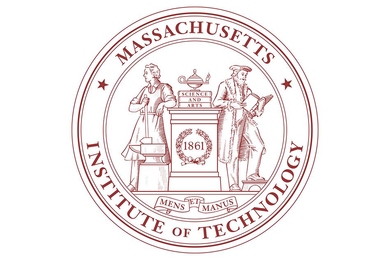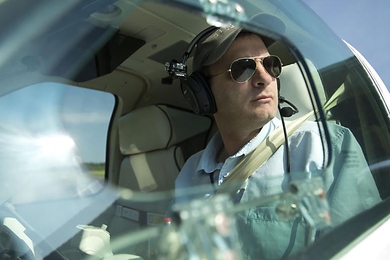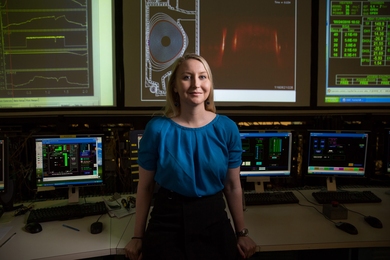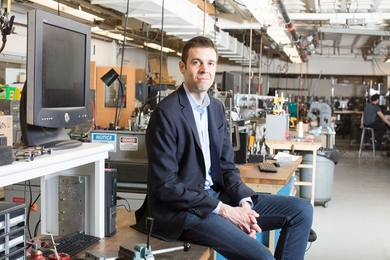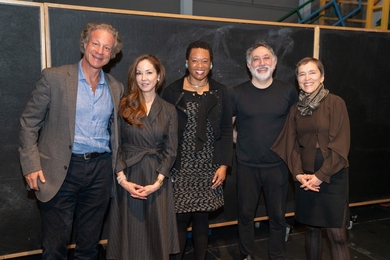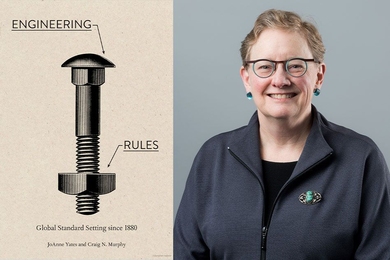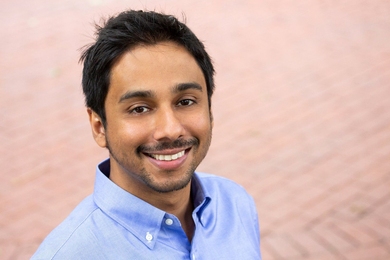Suzanne Berger named inaugural John M. Deutch Institute Professor
Political scientist awarded MIT’s highest faculty honor in new titled position.
Benoit Forget named associate head of the Department of Nuclear Science and Engineering
Co-leader of the MIT Computational Reactor Physics Group will focus on expanding computational science and engineering activities.
David Singer named head of the Department of Political Science
Singer is a scholar of international political economy, a subfield of political science focused on international economic relations.
Angelika Amon and Dina Katabi named Carnegie Corporation “Great Immigrants”
MIT biologist and electrical engineer are two of 38 naturalized U.S. citizens honored for contributions to American society.
MIT Energy Initiative awards seven Seed Fund grants for early-stage energy research
Annual MITEI awards support research on methane conversion, efficient energy provision, plastics recycling, and more.
Taylor Fravel named director of the MIT Security Studies Program
Barry Posen announces the leadership transition, welcomes the infusion of new energy.
For Catherine Drennan, teaching and research are complementary passions
Professor of biology and chemistry is catalyzing new approaches in research and education to meet the climate challenge.
3Q: David Mindell on his vision for human-centered robotics
Engineer and historian discusses how the MIT Schwarzman College of Computing might integrate technical and humanistic research and education.
Anne White named head of the Department of Nuclear Science and Engineering
Fusion energy and turbulence modeling expert will succeed Dennis Whyte.
Building the tools of the next manufacturing revolution
From industrializing 3-D printing to creating nanomaterials at scale, John Hart is reimagining the way things are made.
Transmedia Storytelling Initiative launches with $1.1 million gift
Program creates a new hub for pedagogy and research in time-based media.
Engineers set the standards
MIT business historian’s new book chronicles the emergence of global standardization in technology.
Dwaipayan Banerjee receives 2019 Levitan Prize in the Humanities
Award will support research for "A Counter History of Computing in India."

